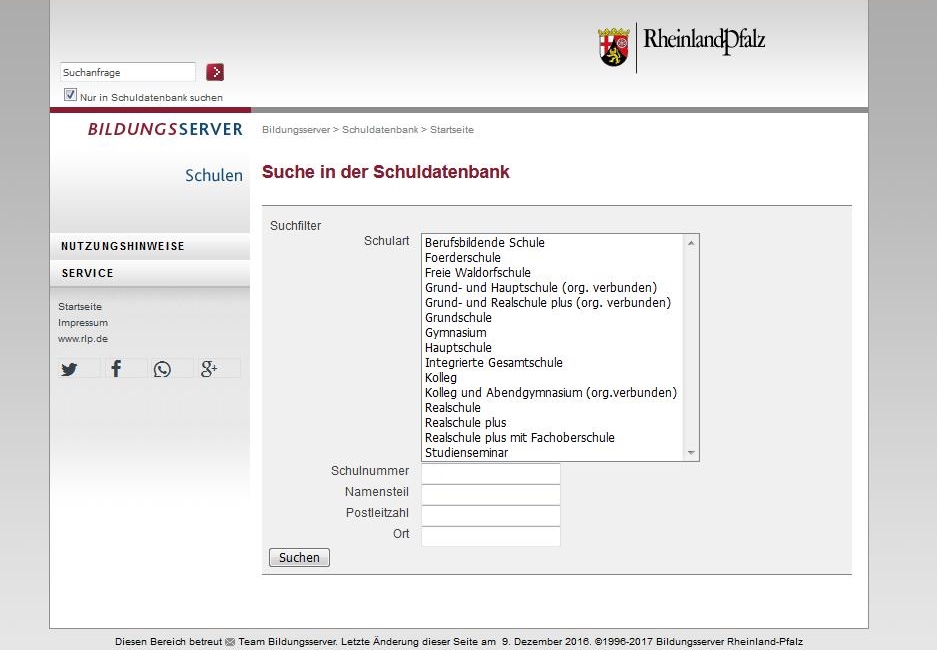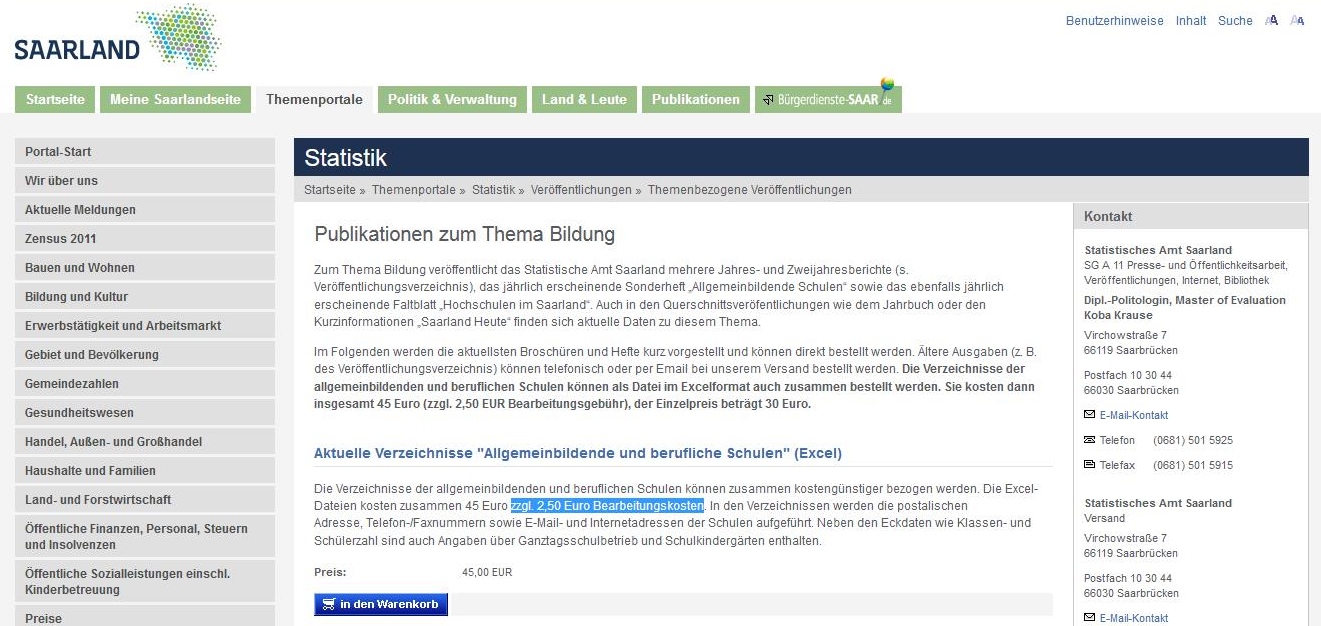CC-BY 3.0, Michal Škop, Datenschule, Foto: Moritz Neujeffski
What does it mean to become ‘data literate’? Where do you start and how can you use data within your work and projects? To explore these questions, we would like to introduce some of our community members and data activists from around the world, who ended up working with data at some point in their lives. We were curious about how they actually got started and - looking back now - what they would recommend to data newbies.
Each month we will publish a new interview, this is no. #5. Got feedback? Have questions? Feel free to get in touch: info@datenschule.de
Who: Michal Škop, founding member of KohoVolit.eu
Topics: Democracy monitoring and Voting Advice Applications
Tweets: @skopmichal
Hey Michal, please introduce yourself
My name is Michal Škop and I am from Kohovolit.eu. We are an NGO based in Czech Republic, so we work for the public good. Our mission is to improve democracy and one important part we do is parliamentary monitoring and creating voting advice applications. We are also promoting Open Data.
What were recent data-driven projects you have been working on?
We cover the elections every year and there are elections all the time. this is probably the biggest project we do. It is a voting-decision application. We do it for Czech Republic and Slovakia. A similar NGO from Germany would be Wahl-O-Mat.
How do you view governmental transparency in Czech Republic?
It is very mixed. It always varies from one ministry to the other and It always comes down to the people. Some are supporting it but others are really opposing higher transparency. They don’t want you to see what they are doing. Actually, the Statistical Office for example tries to be open. But the Ministry of Industry and Trade is totally opposing it.
Is Open Data a big topic in Czech Republic?
It is not a big topic, but it is at least on the agenda. Two years ago the Ministry of Interior actually employed a national coordinator for Open Data who comes the NGO-Sector. He is responsible for the implementation of Open Data and he is really committed to it. There is also the Office of the chief architect of e-government. A small group, 5 to 10 People. They have to be consulted if new ideas or initiative in the government are proposed. They are also familiar with the concept of Open Data. These are the positive islands there.
Do you see a lot of NGOs in Czech Republic use data in their work?
It could definitely be more. Very few groups actually are interested in working with data. Only a couple of people and NGOs. Because there hasn’t been an Initiative yet which actually promotes it. There are a lot of people who would be happy to help NGOs to work with data. There is no awareness yet, also because we didn’t ask for it. If you explain them this is what I want to do, then even working one day a month, it helps and it counts. This is what is missing currently.
What does Data Literacy mean to you?
Data Literacy is super important. It is starting now but in a few years it is going to be a very crucial competence. I was just discussing with a colleague if data driven journalism is losing its ‘hype’. We think it is, and it is a good thing, because it is actually becoming a standard for most newspapers. A normal technique for journalists and media to use. Yet, there is definitely still more space for Data Scientist.
If someone is interested in working with data, what would be your advice, where to start?
It always good to look around you. Because for project using data you need two things. Knowledge on a topic you are interested in. And on the other hand you need someone who understands the data. The Agricultural Sector is a good example. They combine knowledge about agriculture itself with with technical and computer science. GPS in Tractors let them spread fertilizers on a field automatically while it’s only being coordinated. And this is because Data Scientists and Agriculturalists work together hand in hand.
For people starting to work with data, there are plenty of online resources through which you can acquire good skills. Also try to contact somebody who knows the area in which you are interested in. Look around and ask others for help.
###Links:
Melde dich bei unserem Newsletter an und erhalte monatlich Informationen über unsere Aktivitäten und Workshops.
 Schuldaten-Bundesländer-Check #10: Rheinland-Pfalz
Schuldaten-Bundesländer-Check #10: Rheinland-Pfalz Schulen sind wichtige Orte für gesellschaftliche Entwicklung - und der Bedarf, sich über Schulen zu informieren,...
 Schuldaten-Bundesländer-Check #11: Saarland
Schuldaten-Bundesländer-Check #11: Saarland Schulen sind wichtige Orte für gesellschaftliche Entwicklung - und der Bedarf, sich über Schulen zu informieren,...